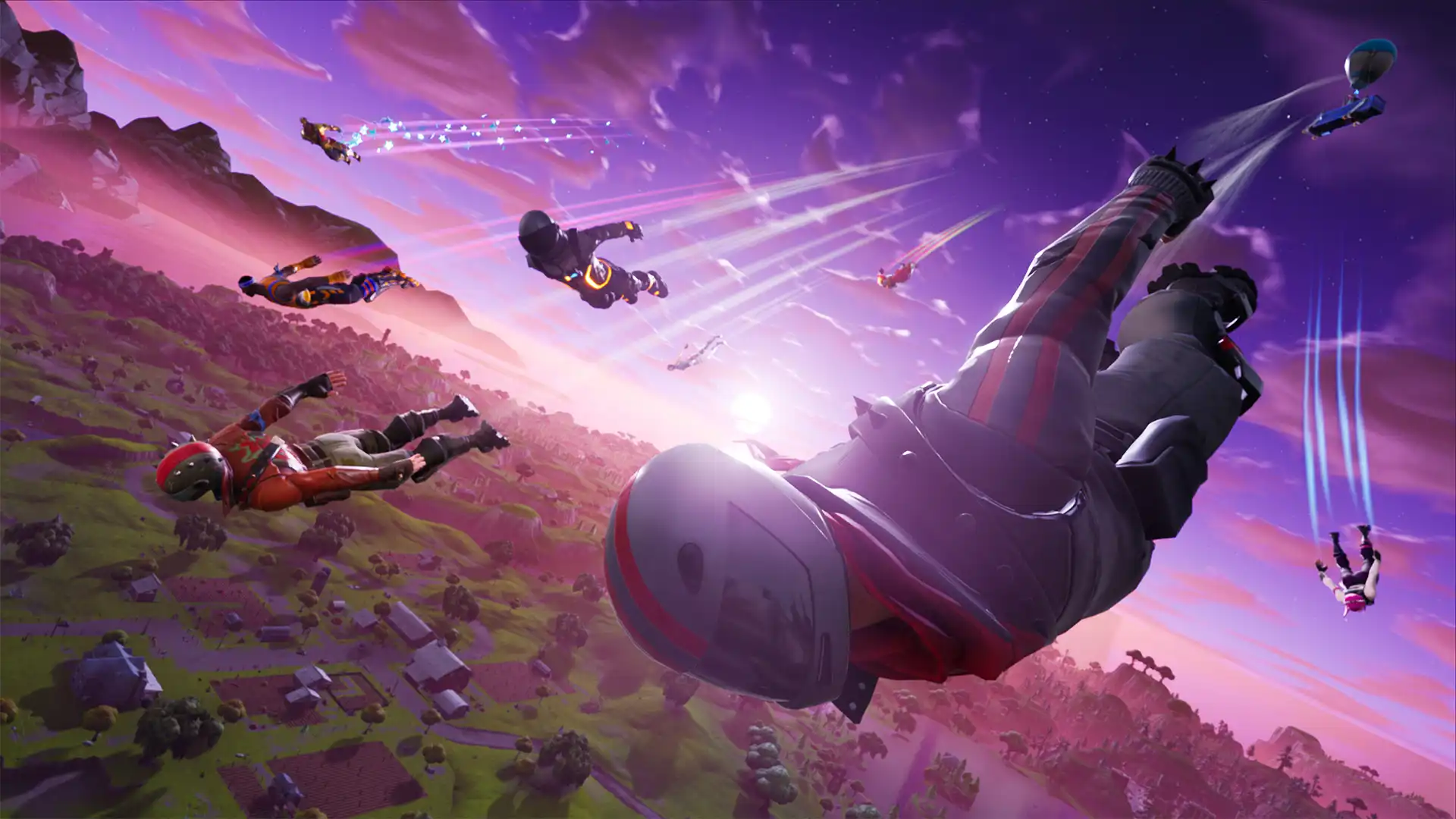The Battle Pass in Fortnite continues to draw both praise and criticism in equal measure. The majority of players appreciate the appeal of unique unlockables and challenges tied to the assumption of the pass, while others voice their concerns over perceived shortcomings.
One primary fault, according to critics, regards the system's offering assortment—a mix of in-game cosmetics and other exclusive items that leave some players unsatisfied. While certain unlockables enthuse a number of players, others fail to stir any degree of excitement, leading to claims of a lackluster Battle Pass.
Even more vexing is the player's inability to select desirable items from the Battle Pass. This lack of autonomy may unnerve players who would prefer to unlock coveted items right away rather than plod through multiple levels, many of which may not entice them.

Another stinging criticism aimed at the Battle Pass is the supposed lack of varied and interesting challenges. Tasks that require arduous hours of gameplay for a seemingly scant reward can drain the joy out of the gaming experience.
The issue lies in the tediousness of some tasks, which can be perceived as overriding the fun factor. Another complaint is the challenge repetition, resulting in decreased player interest.
This concern amplifies when the challenges, despite requiring a significant time investment, yield mediocre rewards or present an unreasonable difficulty level, leaving players disappointed and disillusioned.
Furthermore, Fortnite's Battle Pass progression system has raised several eyebrows. This system relies more on time spent in the game rather than a player's skill level. Consequently, players who cannot afford to spend lengthy hours will predictably take longer to complete their Battle Pass.
Players are interested in seeing changes in the Battle Pass system that potentially enhance its attraction. Greater flexibility and player customization options in choosing rewards, coupled with a skill-based progression system could be an excellent start toward dispelling prevailing grievances.
Possibly, an idea to explore might be the ability to trade unwanted items for desired ones. This system can also be enriched through interactions, enhancing the social experience of the game while reducing item redundancy for players.
Critics also suggest that challenges need to be more engaging and diversified and less centered on mundanity. This diversity should stem from a blend of challenges that cater to different player capabilities to prevent staleness.
Consideration for casual gamers is another requisite. Recognizing the time constraints faced by many players, mechanisms should be put in place to ensure that they, too, can experience the thrill of completing the Battle Pass in a satisfactory timeframe.
The suggestion of a skill-based progression system seemingly resonates among players as this would, over time, distinguish between the casual and dedicated gamer. It's a potentially rewarding approach, as it not only encourages skill enhancement but also fosters a sense of achievement and progression motivation.
Yet, despite these criticisms, Fortnite's Battle Pass does hold its virtues. Its competitive pricing in comparison to similar offerings on other platforms is one reason why it has sustained widespread popularity.
The dynamic concept of a season-based gameplay structure, that brings with it fresh challenges and new content, is highly appealing for keeping the player base engaged over time.
The ever-increasing selection of exclusive cosmetic items available for unlock is another significant positive. These unlockables are not just mere props; they serve a dual purpose of making gameplay more visually appealing and underlining each player's unique identity.
Whether or not Fortnite decides to implement the suggested changes, one thing is clear: dissatisfaction with the current Battle Pass design is palpable. While the system is far from perfect, Fortnite continues to inspire a dedicated player base eagerly awaiting each new season, and that in itself is testimony to the game’s enduring appeal.
Nonetheless, an upgrade to the Battle Pass system focusing on player customization, engaging challenges, skill-based progression, and consideration for casual gamers could significantly contribute to enhancing the overall gaming experience.
With such improvements, Fortnite could provide an even better way for players to experience the game, earn rewards, and build a unique identity. This reason alone could justify considering upgrades to the Battle Pass system.
Regardless of the changes, Fortnite's Battle Pass will likely continue to remain a pillar of the Fortnite gaming community with its unique blend of unlockables, challenges, and player progression.
However, even as we explore the pitfalls of Fortnite's Battle Pass, it's crucial to bear in mind that all forms of criticism lend themselves to growth and improvement. Critiques spark conversations that pave the way for future enhancements, irrespective of the platform in question.
To conclude, Fortnite's Battle Pass might not be perfect in its present form, but it does hold potential for improvement. Given proper attention and thoughtful redesigning based on critical feedback, it can reclaim its position as one of the most rewarding and player-centric systems in the world of gaming.